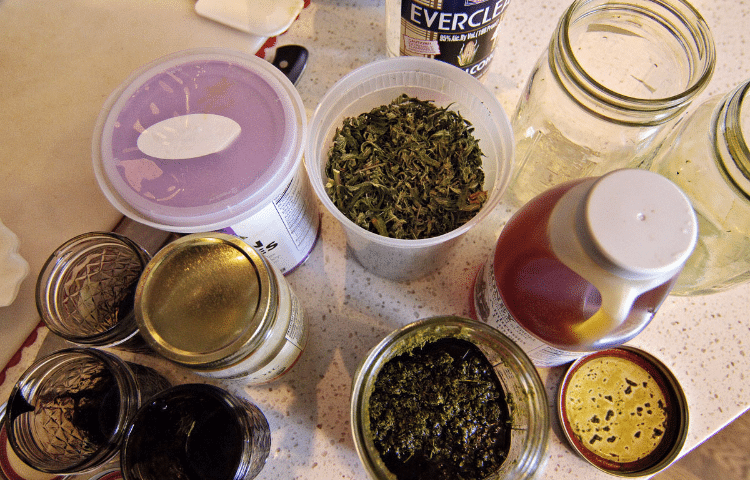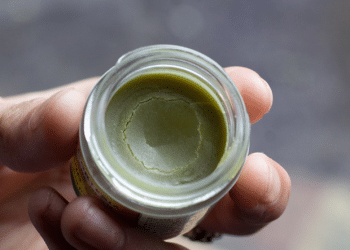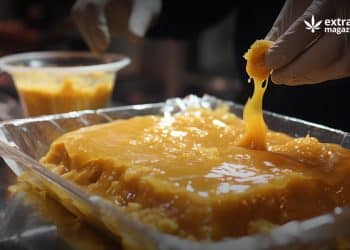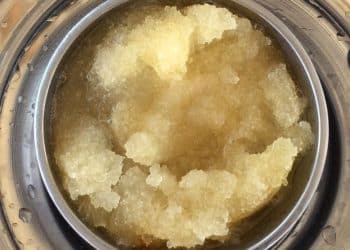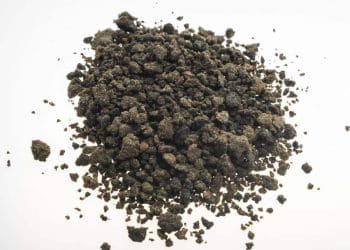Successful legalization efforts in more than two dozen states have triggered an increased interest in cannabis preparation methods. Extraction is an art that anyone can learn. You don’t need a fancy laboratory setup to create high-quality cannabis oil.
You may, however, need a solvent. There are solvent-free ways to make concentrates at home but they can be expensive. You can make rosin with nothing more than some parchment paper and a hair straightener but you need to use high-quality cannabis and your yield will likely be small.
There are some popular solvents that work well for home extract artists. Butter, oil, and ethanol are the most common.
Let’s Avoid Butane
A cursory search on Google will reveal dozens of ways to “safely” create butane hash oil at home. Here’s the thing- butane is extremely volatile and your backyard isn’t the right place to be blasting it.
According to a study published in Cannabinoids: “Especially under conditions where Cannabis oil is prepared by simple household methods, there will always be a trade-off between residual solvents and terpene content. For this reason, the use of non-toxic solvents should always be advised, so that potential residues are not harmful to health.” [1]
Your friend may think she’s created awesome, smokable BHO but it could be loaded with a dangerous amount of leftover butane. Do you really want to risk your health by trying it?
Infused Butter
If you want to make safe, affordable cannabis oil, consider using butter. There’s a reason why bud butter is so popular- it works! You don’t have to worry about inhaling toxic chemicals and the cooking process is nearly impossible to mess up.
Heat your butter, add your cannabis, and wait for the extraction. Unlike rosin, you don’t need to use top-shelf nugs. Trim will work just fine.
Infused Oils
Maybe you want to try a recipe that calls for cannabis-infused olive or coconut oil. Whatever your reason, switch up your bud butter recipe by substituting a different, food-grade oil.
The Cannabinoids study, which looked at the effectiveness of different solvents, found that: “As extraction solvents for the production of Cannabis oils, ethanol and olive oil were shown to perform much better… Additionally, these solvents are not harmful.” [1]
Using Ethanol
Using ethanol is an easy way to make a cannabis tincture. First, decarboxylate your cannabis using a decarboxylation device, or your oven to ensure that the non-intoxicating THCA is chemically transformed into THC. Pour food-grade,grain ethanol and the ground, decarboxylated cannabis into a jar and let it sit for a few weeks, shaking periodically. Strain the mixture when you’re ready to try it.
“Unfortunately,” the study authors write, “pure ethanol efficiently extracts chlorophyll from cannabis, which will give the final extract a distinct green color, and often unpleasant taste.” [1]
What‘s the best solvent? There isn’t one. If you’re making a cannabis-infused Italian dinner, try using olive oil. Those who love tinctures will naturally gravitate toward ethanol. What’s your favorite solvent to create cannabis extracts at home?
Reference:
- Romano, Hazekamp. 2013. Cannabis Oil: chemical evaluation of an upcoming cannabis-based medicine. Cannabinoids. 7 (1).
